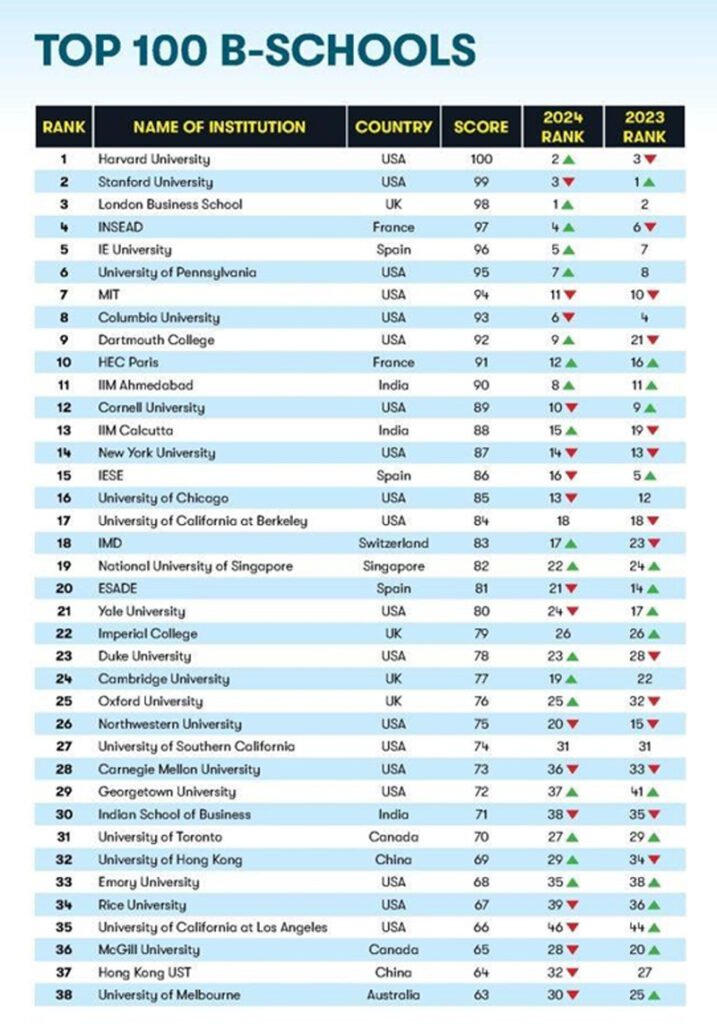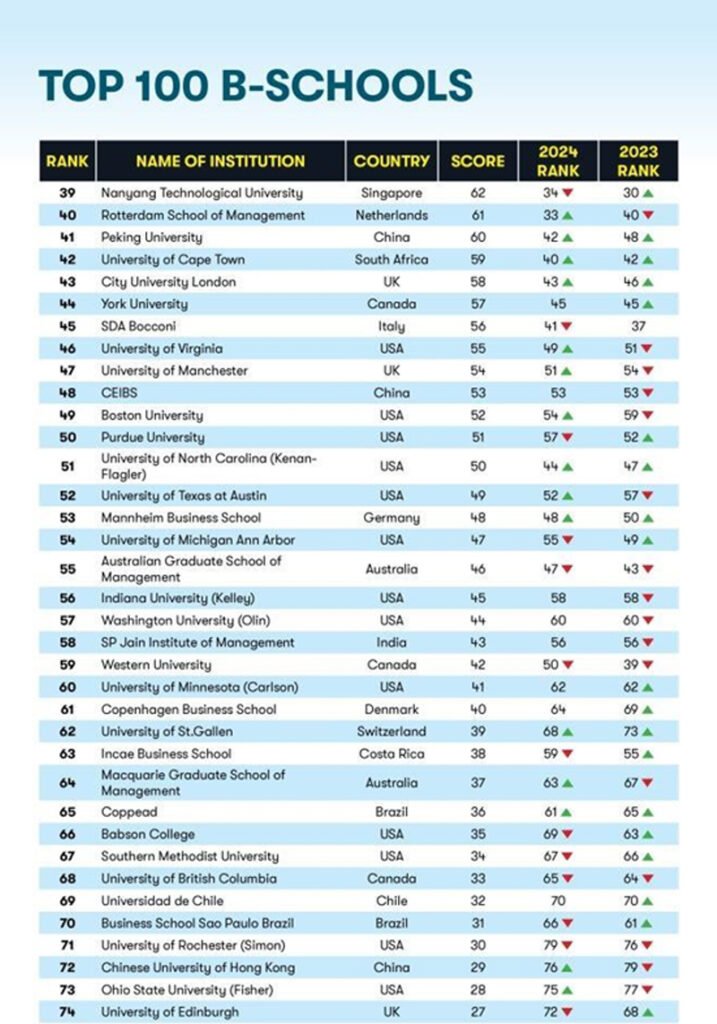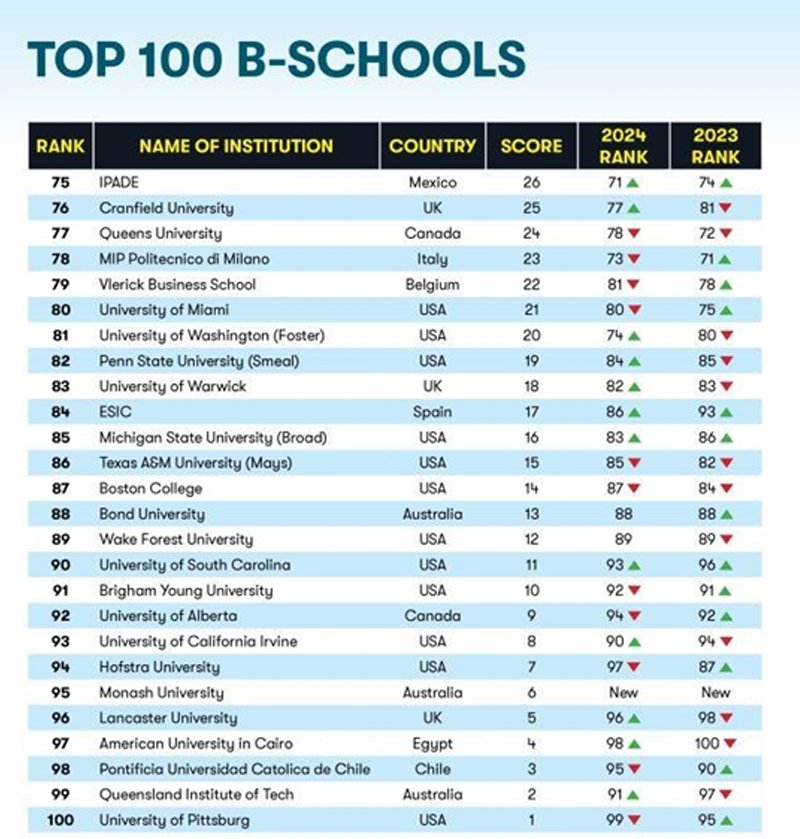In a rapidly evolving world, young professionals are no longer confined to traditional career paths. With advancements in education, business, and technology, a shift in mindset is evident. Many young individuals are now venturing into entrepreneurship at an early age, deviating from conventional routes. In India, the government, through the Ministry of Skill Development and Entrepreneurship (MSDE), continues to promote entrepreneurship, particularly among women, marginalised communities, and lower socio-economic groups.
To further bolster young entrepreneurs, the Indian government has introduced several initiatives, including the Startup India Seed Fund Scheme (SISFS), the National Innovation and Startup Policy (NISP), and the Atal Innovation Mission (AIM). On the international front, the United States also provides various support programmes, with certain states offering grants to student entrepreneurs.
A notable transformation in business education has been the increasing emphasis on sustainability and social impact. Institutions such as IIM Bangalore, the Indian Institute of Corporate Affairs, Wharton, and Columbia Business School have integrated Environmental, Social, and Governance (ESG) principles into their curricula. The expansion of online learning has further enhanced accessibility, with top institutions collaborating with platforms such as Coursera, Udemy, edX, and Khan Academy to reach a global audience.



Global Expansion of Campuses
Universities worldwide are expanding their presence by establishing campuses in different regions, offering students international exposure and multicultural experiences. In 2023, India recorded the highest number of universities globally, with approximately 5,350 institutions, followed by Indonesia and the United States. Several institutions have taken the initiative to establish global campuses, including Nottingham University, which has branches in China and Malaysia, and New York University, with locations in Abu Dhabi and Shanghai. Additionally, Lancaster University has partnered with two universities in India.
Significantly, in August 2025, the University of Southampton is set to become the first foreign university to establish an offshore campus in India’s Gurugram region under the New Education Policy. Other institutions, such as Queen’s University and Lincoln University, are also planning expansions in India. These global campuses contribute not only to academic enrichment but also to economic growth by attracting talent, fostering global connections, and generating employment opportunities.
Technological Advancements and AI in Business Education
According to a 2024 survey by the Graduate Management Admission Council (GMAC), over 80% of MBA applicants now prioritise programmes that integrate technology and data analytics. With artificial intelligence revolutionising industries, competition among businesses continues to intensify. In 2025, DeepSeekAI surpassed its rival, ChatGPT, and is projected to reach USD 25 million by 2034.
India, too, is making strides in AI, with Bengaluru emerging as a hub for AI development. The IndiaAI Compute Facility is expected to drive advancements in AI models tailored to the country’s linguistic, economic, and social needs.
India’s Rapidly Expanding Economy
India remains one of the world’s fastest-growing economies, projected to reach USD 350 billion in the coming year. The education sector is undergoing significant transformation, with government initiatives emphasising digital learning and AI-driven models. These changes, while posing challenges for educators, ensure that students acquire the necessary skills to meet future demands.
Additionally, businesses are increasingly adopting sustainable practices, with a growing number of startups focusing on eco-friendly and plant-based products. These initiatives not only contribute to environmental conservation but also drive revenue growth.
Shaping Future Entrepreneurs
The evolving global business landscape is fostering competition, innovation, and new opportunities for young entrepreneurs. With increased access to internships, market insights, and
real-world exposure, the next generation is well-equipped to navigate the complexities of the business world.
Global Business School Rankings 2025
The latest Global Business School Rankings reflect significant shifts compared to previous years. Harvard University has reclaimed the top spot, followed by Stanford University, which has moved up to second place. London Business School, which led the rankings in 2024, has dropped to third. INSEAD retains its fourth position, while IE University remains in fifth place.
The University of Pennsylvania has climbed to sixth place, up from eighth in 2024, while MIT has made a notable leap from eleventh to seventh. Columbia University has seen a decline, falling to eighth from its previous sixth position. Dartmouth College remains steady at ninth, while HEC Paris enters the top ten, rising from twelfth place in 2024.
Indian Business Schools in the Global Rankings
Among Indian institutions, IIM Ahmedabad has dropped out of the top ten, falling from eighth to eleventh place. Meanwhile, IIM Calcutta has shown progress, climbing from fifteenth to thirteenth. In the top 50 rankings, the Indian Business School has improved significantly, moving from thirty-eighth to thirtieth place. However, SP Jain Management has slipped further, ranking 58th, down from 56th.
Despite India’s strong economic growth, significant investments in infrastructure, and advancements in education and technology, only three Indian institutions have secured a spot in the top 50. It remains to be seen whether more Indian universities will rise to prominence in the coming years.
Ranking Methodology
The rankings were determined based on various factors, including recruiter perception, student and faculty diversity, programme innovation, value for money, career services, exchange programmes, and student satisfaction. Data was collected from institutes, students, alumni, and recruiters.
Institutions were provided with an online survey, which they were required to complete with details on faculty, career services, student demographics, and programme structures. Over 16,330 recruiters were also surveyed, with responses forming a crucial part of the rankings.
In cases where discrepancies were identified in satisfaction scores and subjective feedback, data was omitted. Additionally, 151 institutes that failed to complete the survey on time were assessed using publicly available data, alongside feedback from students, alumni, and recruiters.
Special Considerations
The rankings include pre-experience and post-experience master’s programmes in finance, as well as master’s in management and marketing. Online and executive MBA programmes were also evaluated, though certain factors, such as campus support and exchange programmes, were excluded from these categories.
With business education continuing to evolve, the rankings provide a comprehensive insight into institutions shaping the future of global business leaders.

